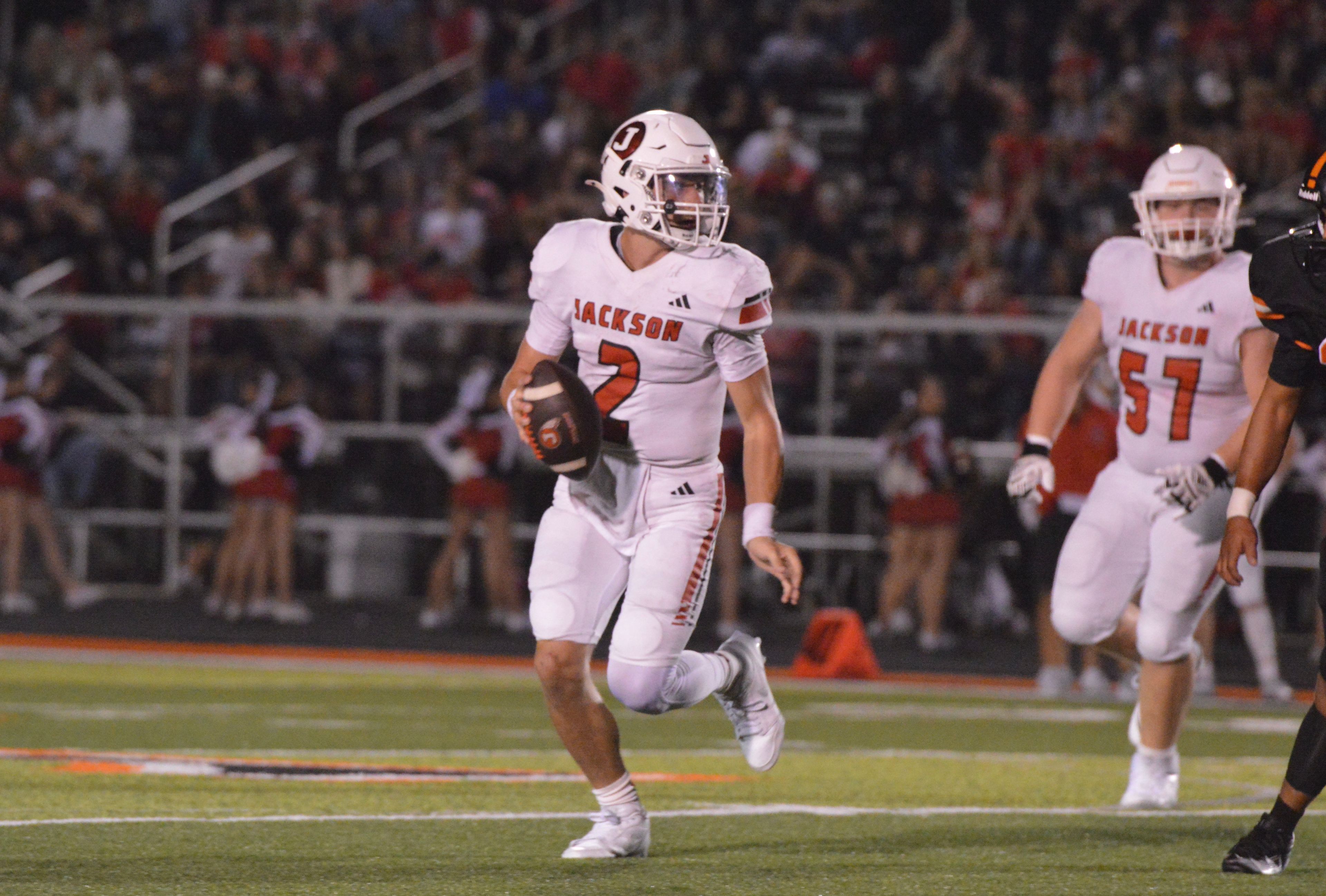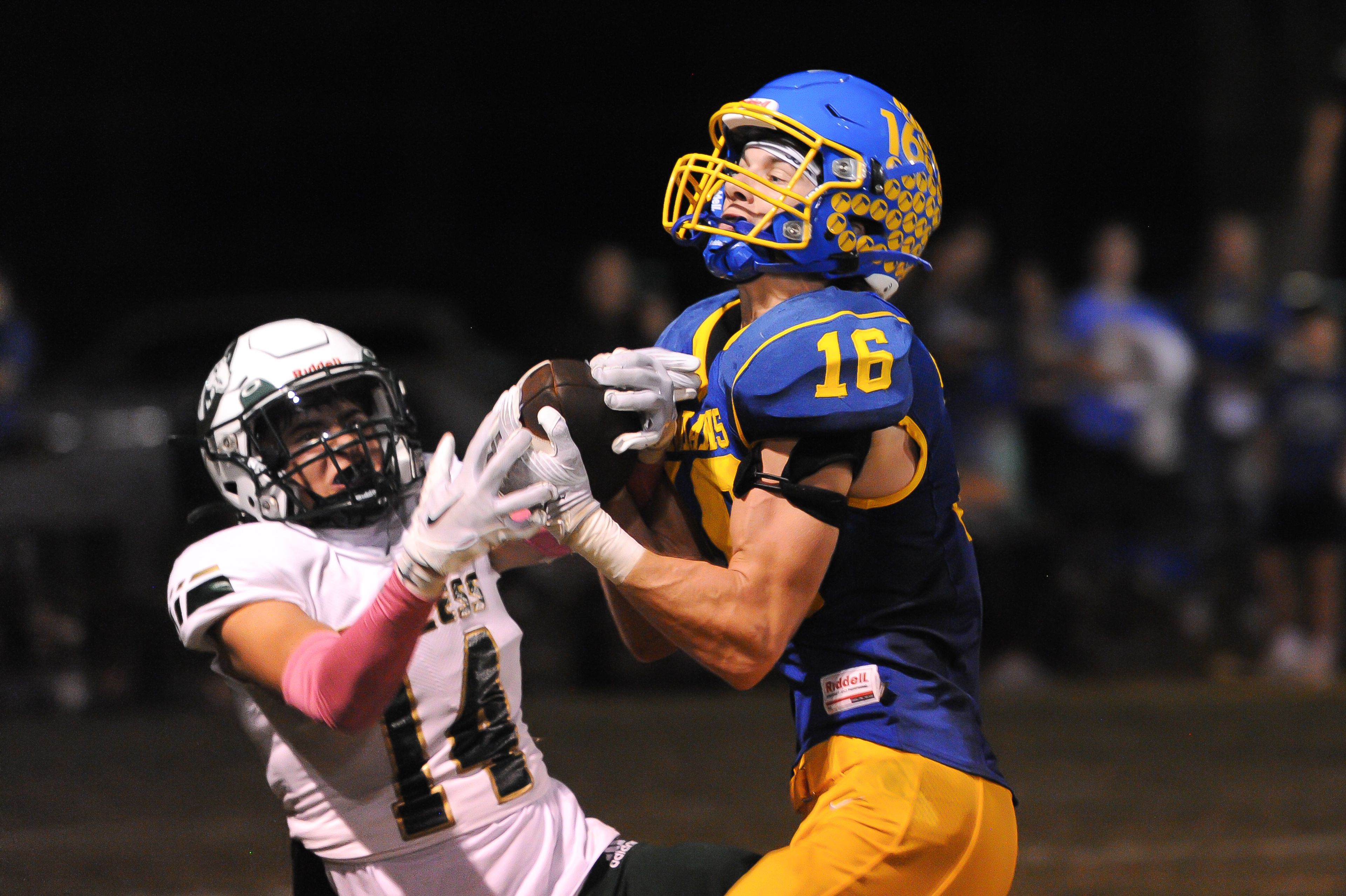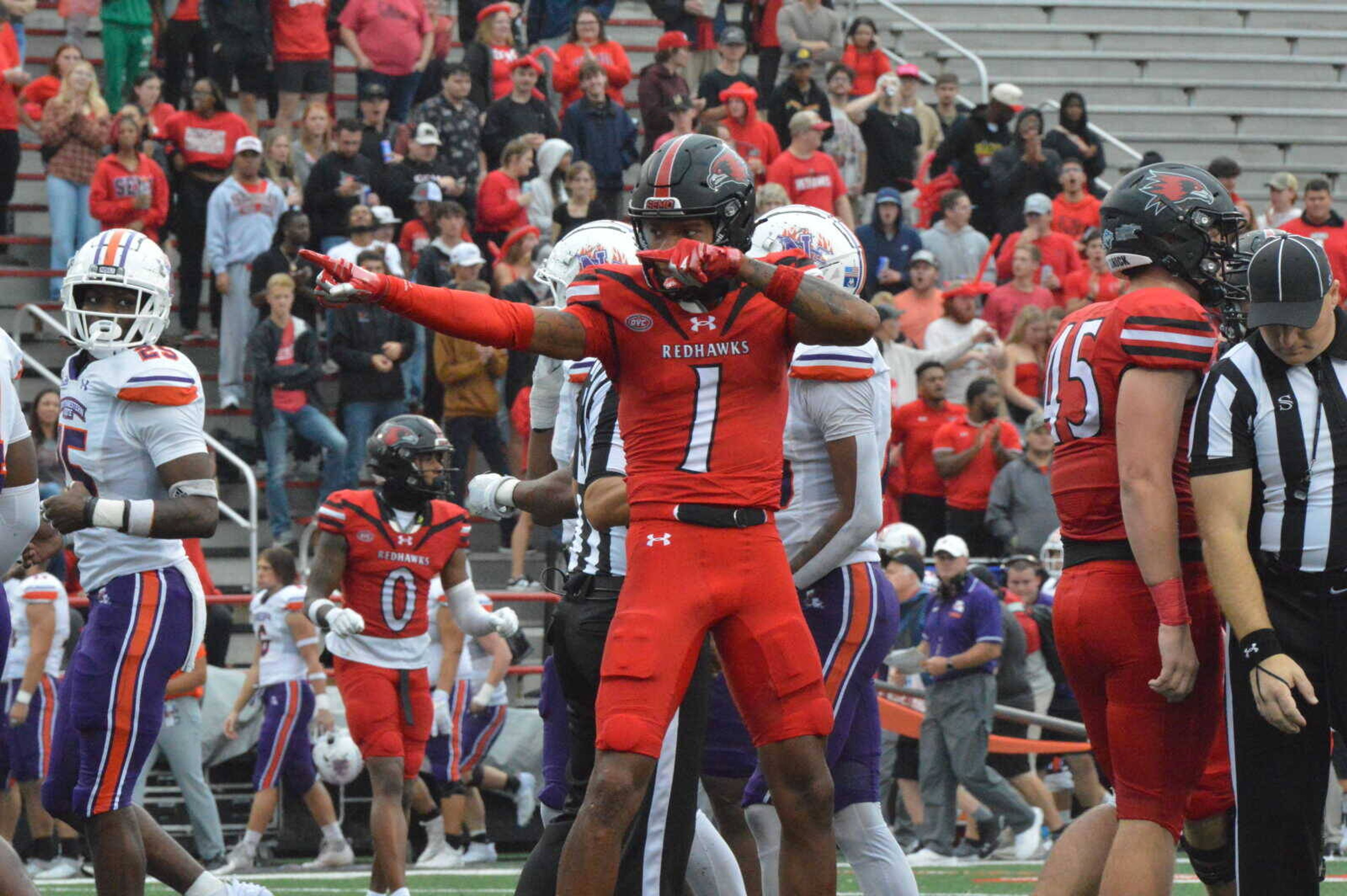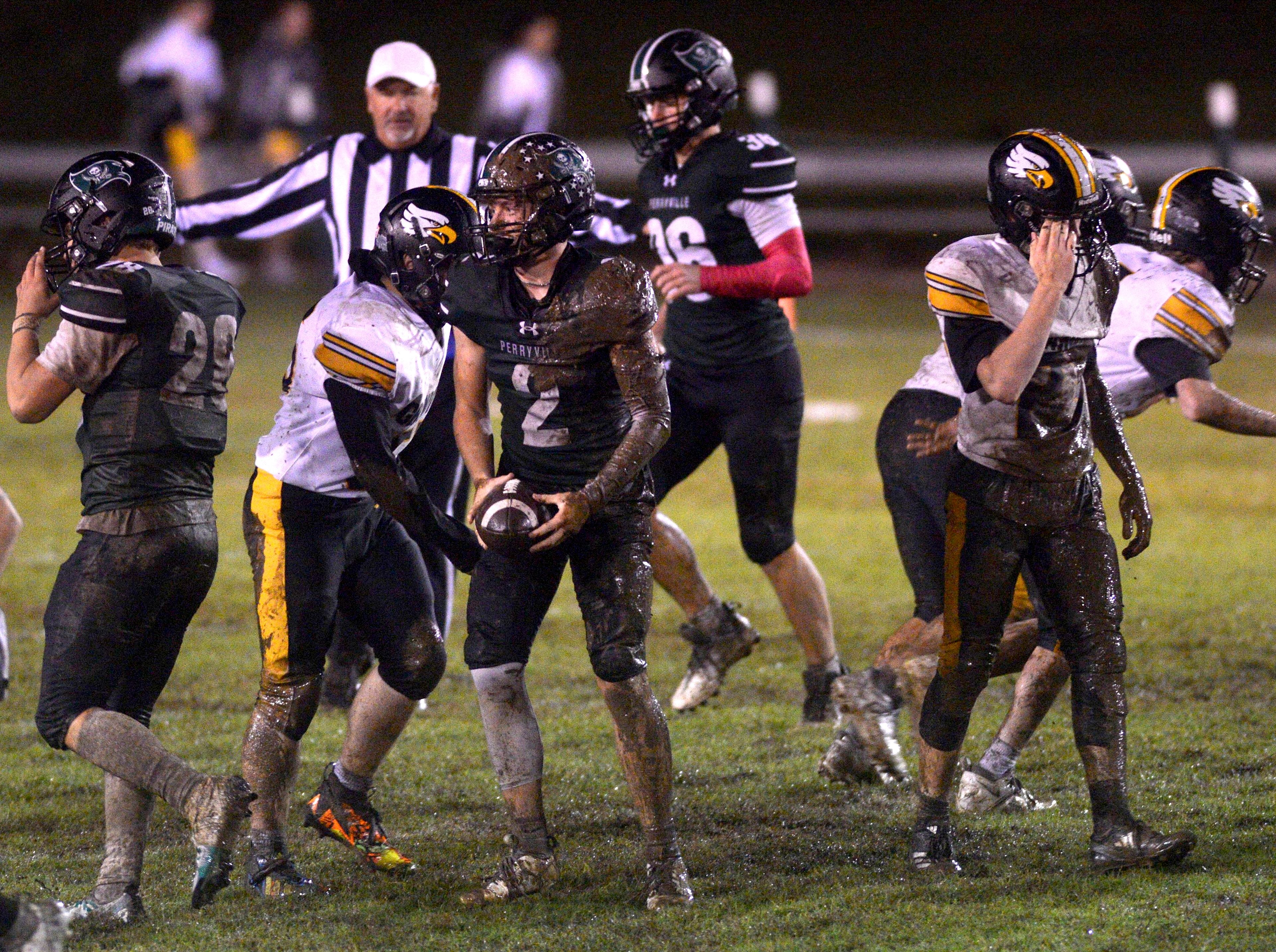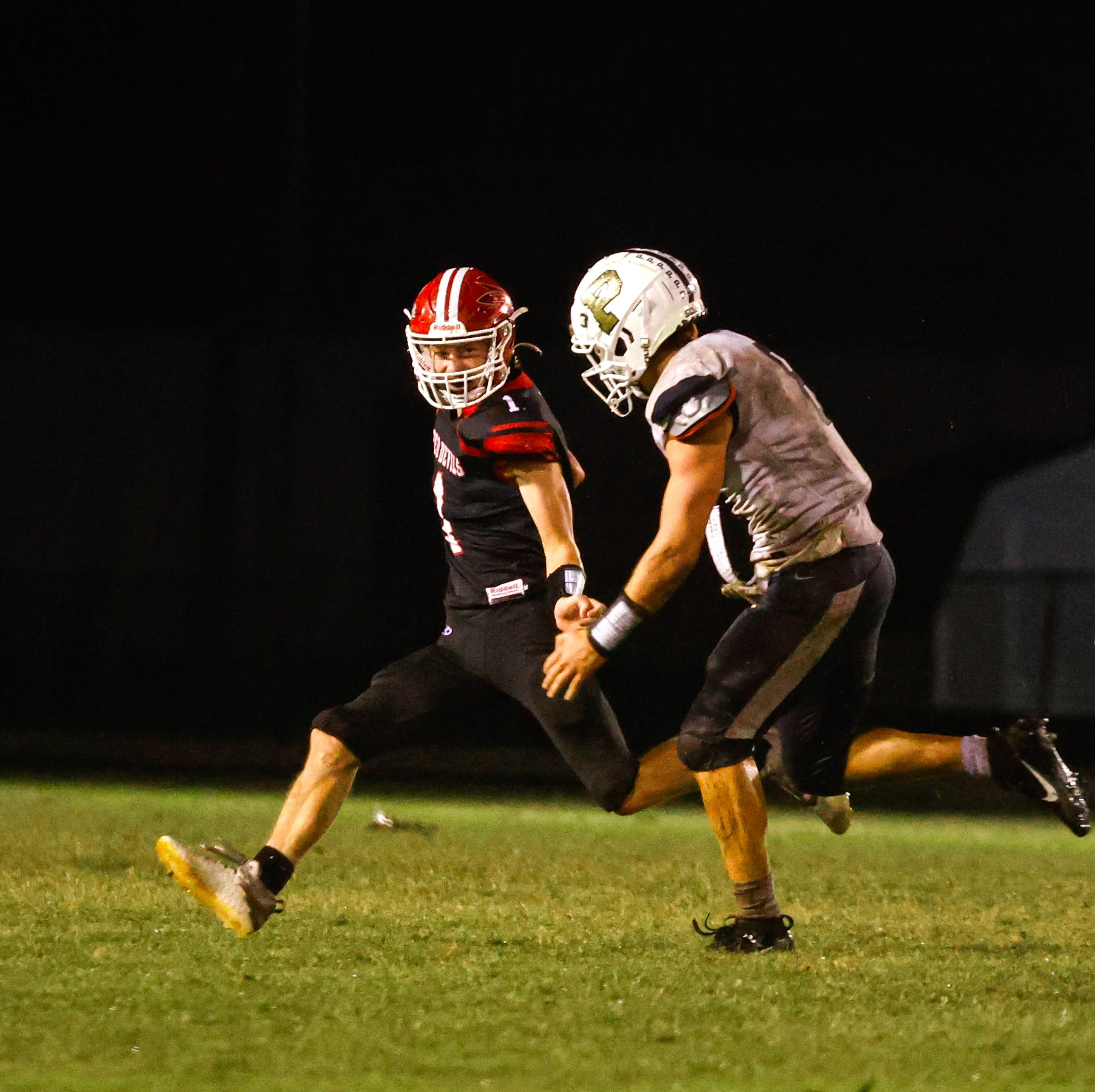Booms and busts can hit any business. Tulips, dot-coms, sports.
Wall Street's bubble began to burst 18 months before 9-11, Main Street took it on the chin next, and the country still hasn't fully recovered from the recession, the attacks, the wars and the job losses.
The sports world, meanwhile, moved on merrily in an ignorance-is-bliss sort of way. Salaries for athletes kept rising, TV deals soared, and ticket prices spiraled ever upward as if all the leagues were living in their own fantasyland, immune to economic cycles.
All that could change very fast.
For the moment, signs of collapse are confined to the periphery -- nearly $300 million in losses last season claimed by NHL teams; the fall of the women's soccer and bowling leagues; a decision last week by the Cleveland Cavaliers to cut ties with the WNBA Cleveland Rockers; a struggling Champions Tour of seniors in golf.
Major league baseball attendance has dropped for the third straight season. The NBA's playoff ratings were the worst in 20 years. The men's U.S. Open tennis final ratings were the lowest in five years, and the women's final, without the ailing Williams sisters, barely registered a pulse.
None of those portend an apocalypse in sports. The NFL is still a blue chip, as are the big college football bowls, the Final Four, Grand Slams, NASCAR and the Olympics.
Yet there is an inescapable sense of anxiety in sports that nothing is quite as safe as it might seem.
"When it goes, it's going to go fast," says Gary O'Hagan, who has a unique perspective as an insider at the sports powerhouse International Management Group and a former bond market trader on Wall Street.
"We may be at the point where the sand turns to mush and it's quicksand. Then everyone has a real problem."
The only thing that's certain, he says, is that change is going to come, for good or ill, just as it does in all businesses.
"There's a consolidation going on in the sports markets," he says. "I think it's a reflection of the economic bubble that started to burst a few years ago. The reaction often takes some time, but when it happens, it all happens at once. I've seen that many times in the financial markets, and now it appears that it's happening in sports."
Baseball bought time with union concessions in the collective bargaining agreement last year, and the NBA, NHL and golf and tennis tours have had enough strength and staying power to ride out the bumps. But losses cannot go on forever.
In these tight times, corporations are more closely watching advertising dollars and money spent on luxury boxes. Some are still laying off workers, and overall employment is stagnant. That doesn't square with astronomical ticket prices and player salaries.
"Sometimes the pressures build and, poof, there's air," O'Hagan says. "There's nothing behind it and nothing underneath it.
"We were clearly in a very frothy period in this country in the late '90s, and it's kind of coming home to roost in the sports market now."
The sports that figured to suffer first from the economic hangover of the past few years were the most vulnerable ones on the edge -- the WUSA, WNBA and Professional Women's Bowling Association.
But how soon will it be before the more established leagues and teams suffer, too?
How long before flagging ratings hit all the NBA teams and they stop paying the likes of Allen Iverson the kind of extension he received this week -- $76.7 million for four years?
The NBA has already reverted to the bad old days before Larry Bird, Magic Johnson and Michael Jordan perked up its image. For all the "street cred" that Iverson brings, there is a growing disconnect between many NBA stars and buyers of high-priced tickets.
The travails of Kobe Bryant, who goes to the Los Angeles Lakers' training camp next week while still facing felony sexual assault charges in Colorado, will only deepen the problem.
How long before Detroit Tigers owner Mike Ilitch throws in the towel with his hapless team, which is threatening the 1962 Mets' record for futility while averaging only 17,226 this season, down about 1,500 from last year?
Ilitch can, and probably should, fire his general manager and his manager, but will he fire himself and will another owner come to the rescue?
How long before baseball and the players association come to grips with the need to cut teams that keep losing money? Contraction, an awkward euphemism, was put off at least until the next bargaining talks but it can't be put off forever.
Baseball, a sport of endurance and history, isn't likely to collapse anytime soon but it is not exempt from the laws of economics.
"People in sports are crossing their fingers and holding their breath," O'Hagan says, "but really there is very little underlying support for the market. It is just a market, like any other, and it can crash at any time."
------
Steve Wilstein is a national sports columnist for The Associated Press. Write to him at swilstein(at)ap.org
Connect with the Southeast Missourian Newsroom:
For corrections to this story or other insights for the editor, click here. To submit a letter to the editor, click here. To learn about the Southeast Missourian’s AI Policy, click here.
